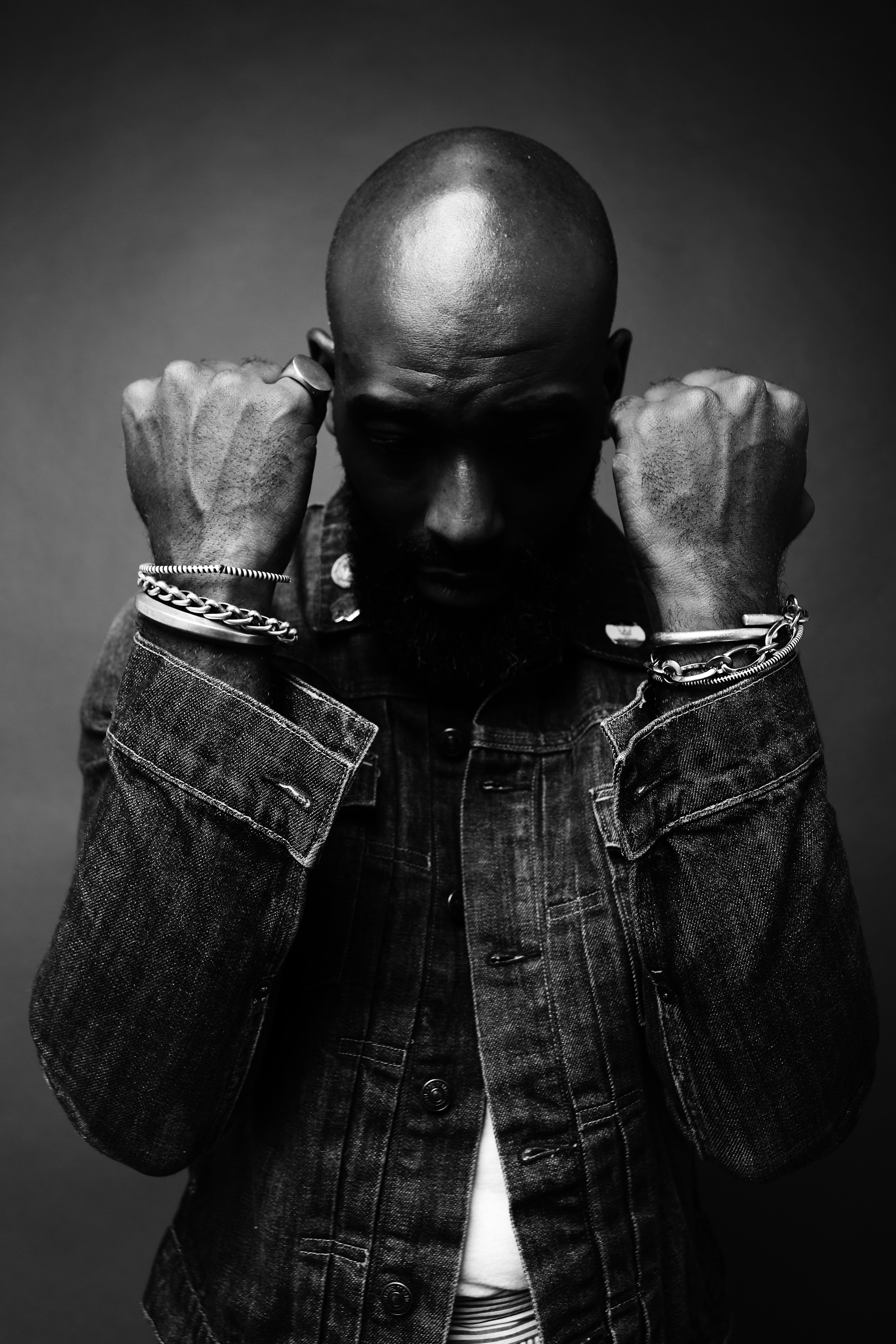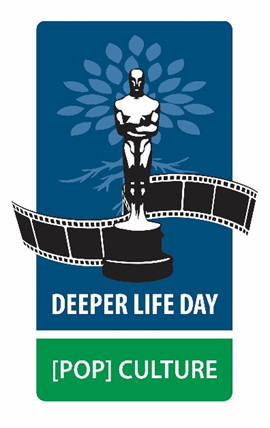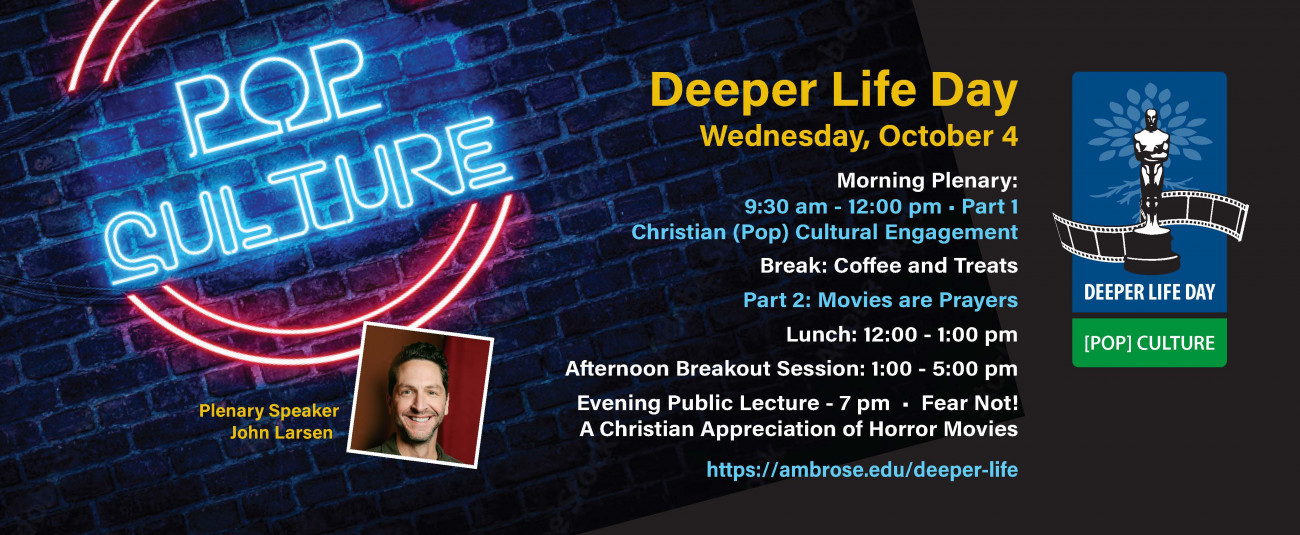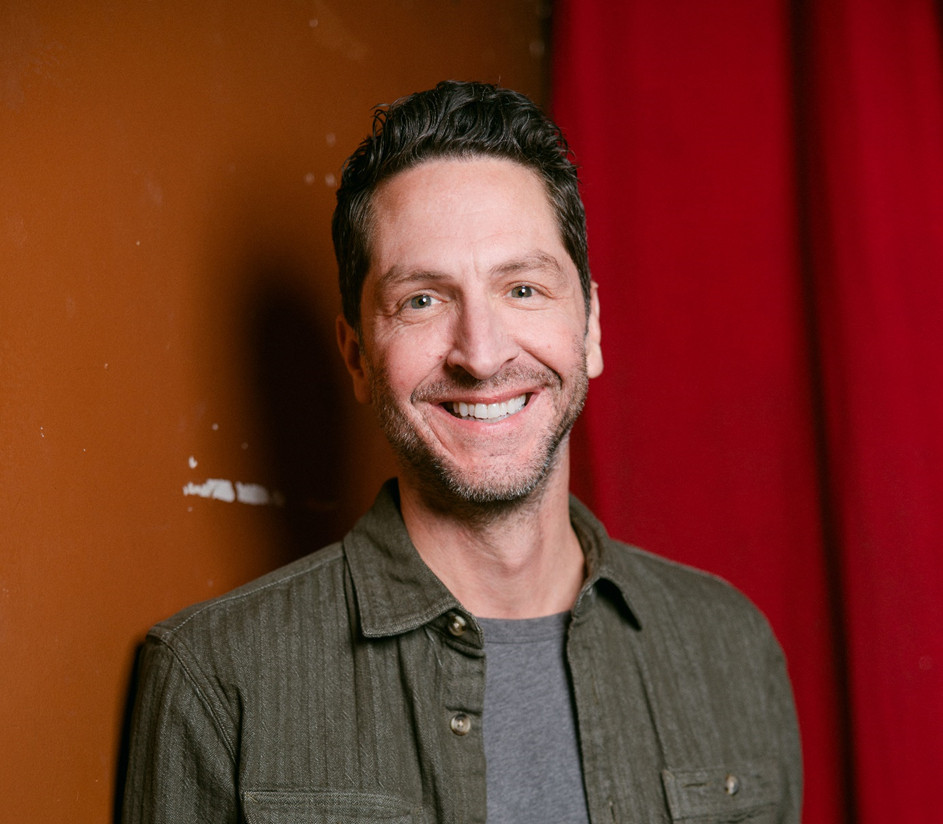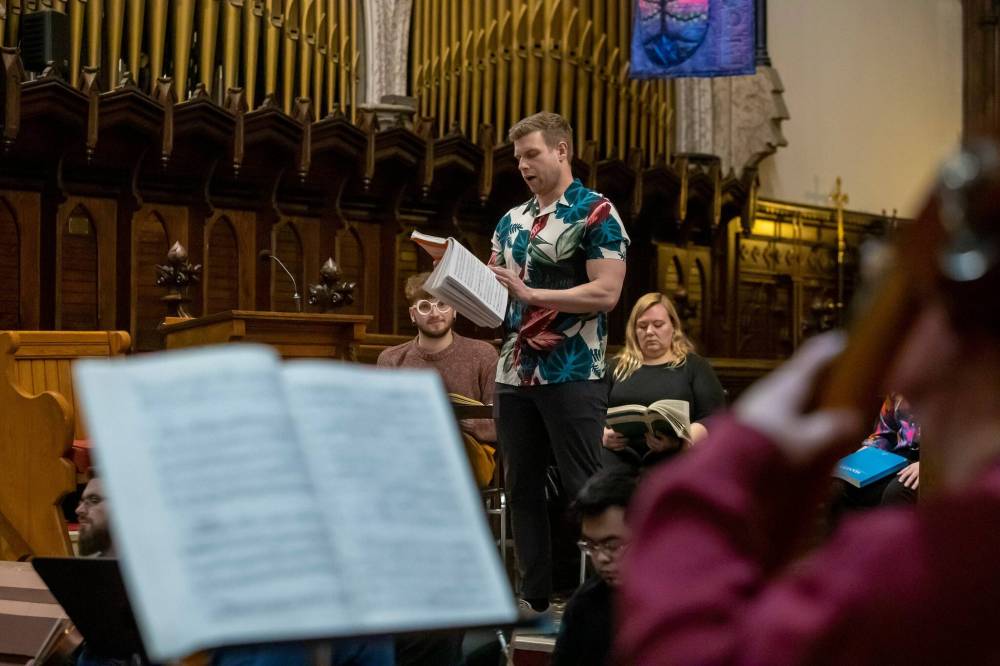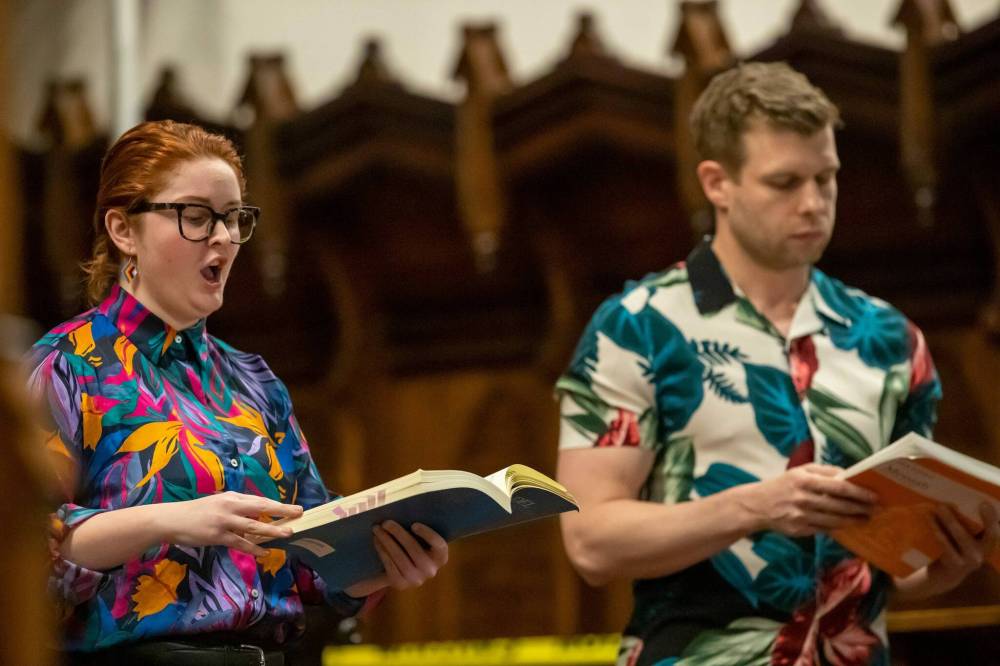Who changed the truth of God into a lie, and worshipped and served the creature more than the Creator, who is blessed for ever. Amen.
For this cause God gave them up unto vile affections: for even their women did change the natural use into that which is against nature:
And likewise also the men, leaving the natural use of the woman, burned in their lust one toward another; men with men working that which is unseemly, and receiving in themselves that recompence of their error which was meet.
And even as they did not like to retain God in their knowledge, God gave them over to a reprobate mind, to do those things which are not convenient;
Being filled with all unrighteousness, fornication, wickedness, covetousness, maliciousness; full of envy, murder, debate, deceit, malignity; whisperers,
Backbiters, haters of God, despiteful, proud, boasters, inventors of evil things, disobedient to parents,
Without understanding, covenantbreakers, without natural affection, implacable, unmerciful:
Who knowing the judgment of God, that they which commit such things are worthy of death, not only do the same, but have pleasure in them that do them. Romans 1:24-32
This know also, that in the last days perilous times shall come... ...Having a form of godliness, but denying the power thereof: from such turn away. II Timothy 3:1,5
If you're not already aware that the United States (not to mention Canada and other Western nations) are increasingly under the judgement of God, the declaration by the administration of alleged U.S. President Joe Biden of March 31, 2024 as "Transgender Day of Visibility" should help to make it clear. The fact that this celebration of perversion is scheduled for Easter Sunday is not a coincidence. Blogger Vox Day addresses this:
Evangelist Justin Peters offers an excellent biblical perspective--much better than I can--on transgenderism:
For more than half a century, the Presbyterian Church (U.S.A.) has been a hopelessly apostate denomination (see Carl McIntire's 1967 book The Death of a Church for evidence). For current evidence of the PCUSA's apostasy, look no further than the following. As stated by Shea Watts in the Presbyterian Outlook, March 24, 2024 :
In Luke 24, we join two companions traveling the dusty seven-mile road from Jerusalem to Emmaus. As they walk, they grieve the loss of Jesus. Sensing their pain, a stranger approaches and explains how Jesus’ death fulfills God’s promises in Scripture. Amazed, the traveling companions invite the man to dine with them. As the stranger blesses, breaks, and gives the bread, the travelers’ eyes open, and they see Jesus.As reported by Shani E. McIlwain of Presbyterian News Service, March 28, 2024 (links, photos in original):
In Greek, we’re told here that the disciples recognize (ἐπιγινώσκω) Jesus; they “acknowledge” him. One way of interpreting the story suggests that the men only recognize Jesus when they welcome his presence at the table. In other words, it is not their piety but their hospitality that makes their seeing possible.
This year, Easter falls on the national Trans Day of Visibility (TDOV), allowing us to practice such eye-opening hospitality. We see Jesus whenever we welcome others to the table and acknowledge their presence among us. We see Jesus when we embrace our trans siblings.
According to the PC(USA) Advocacy Committee for LGBTQIA+ Equity, “TDOV is a day that our local churches can embrace and celebrate the diverse identities of transgender and non-binary individuals, affirming their intrinsic worth as creations of God.” This is necessary because transgender persons are the victims of violent legislation and hate crimes. The violence is such that the Human Rights Campaign even declared a National State of Emergency.
Judith Butler (they/them) demonstrates the rise of violence against trans people in Who’s Afraid of Gender? by exploring the anti-gender movement, an umbrella term referring to social movements opposing what they call “gender ideology,” “gender theory” or “genderism.” Examples of the anti-gender movement include efforts to stop talking about gender and sexuality in the classroom and promoting policies to limit trans rights.
Butler writes: “In taking aim at gender, some proponents of the anti-gender movement claim to be defending not just family values but values themselves, not just a way of life but life itself.” Trans people stand at the frontlines of the war on gendered bodies that do not fit the cis-gender, heterosexual standard, says Butler, and they are suffering from the spread of misinformation and rise of hostility. This is why TDOV is important. The fact that it coincides with Easter this year is a coincidence rich for theological reflection.
The paradox of Jesus’ resurrection invites us to look again, think again, and hopefully, live again. Therefore, Easter is an appropriate time to explore our theology of incarnation, embodiment and materiality. One way to understand Christ’s transfiguration is to see Jesus as “a template for other transfigured, transfiguring bodies,” including transgender persons. Cary Howie, a professor at Cornell who writes extensively on gender and sexuality, broaches this idea in his essay “On Transfiguration.” In this line of thinking, recognizing transgender persons allows us to better understand Christ’s resurrection because both Jesus and transgender persons are changed, trans-figured, metamorphosized.
Another way to understand the transfiguration is to think about the impact of being transformed. Howie writes: “To be transfigured is to implicate others in your transfiguration; it is to suggest that ‘luminous glory’ may erupt from, and within, any flesh whatsoever. This implication is part of what makes transfiguration terrifying: no one is untransfigurable, and no one is transfigured alone.” When we see others and acknowledge their transfiguring bodies, we, too, are transfigured and transformed. And the boundaries between “you” and “me” are dissolved until there is only “us."
We see this in the aftermath of Christ’s resurrection in Scripture. After Christ’s revelation to the travelers in Luke 24, he appears to the eleven disciples and friends, opening their minds to the Scripture (Luke 24:45). They become witnesses to Christ’s resurrection and God’s plan for humanity. In Acts, the second book of Luke’s Gospel, we see how they are then charged to tell the story of Jesus to the ends of the earth (Acts 1:8) and how the Holy Spirit aids in this task (Acts 2). When we witness a transformation, we, too, are transformed.
This year with TDOV and Easter falling on the same day, we are asked: are we willing to be transfigured and transformed by acknowledging our trans siblings as images of God? Are we willing to acknowledge their wounds? When we do so, Jesus is revealed and the mystery of Easter bursts into our lives again.
To our trans siblings:
Forgive us
for the times we didn’t see you,
the times we failed to love you.
With your permission and God’s help,
we will love you more faithfully.
We see you, and our hearts burn.
Photo by Alexander Grey via Unsplash
In response to a recent General Assembly mandate, the Advocacy Committee for LGBTQIA+ Equity is at work assisting the Presbyterian Church (U.S.A.) in providing full expression to the rich diversity of its membership as described in the Book of Order.As reported by Beth Waltemath of Presbyterian News Service, March 28, 2024 (links, photos in original):
The committee is made up of teaching elders Ashley DeTar Birt, Daniel Hammer, and Omar Gonzalez; ruling elder Tim Haworth; and deacon Salina Brett.
Committee members say they’re proud to announce the commencement of the committee’s mission dedicated to amplifying the voices of LGBTQIA+ Presbyterians within the PC(USA). With its unwavering commitment to fostering inclusivity and equality, the committee aims to build upon the groundwork laid by pioneers like the Rev. David Sindt, whose courageous act 50 years ago marked a pivotal moment in LGBTQIA+ history.
In a bold demonstration of solidarity and visibility during the 1974 General Assembly of the United Presbyterian Church in the U.S.A., Sindt stood on the Assembly floor holding a hand-written sign that read, “Is anyone else out there gay?”
Today Presbyterians can offer an emphatic “Yes! We are here.” This watershed moment reverberated through the decades, inspiring many individuals to embrace their identities and assert their presence within the Presbyterian community.
The Rev. Ashley DeTar Birt
When asked the question, “Why are you here?” DeTar Birt responded, “It’s about feeling so moved and passionate about something — the work, the people, the theology — that you cannot help but be around it.”
As the committee embarks on this transformative journey, committee members seek to honor Sindt’s legacy and those of a host of allies who have championed LGBTQIA+ rights over the years. Their tireless advocacy and unwavering dedication have paved the way for progress.
The committee also recognizes and honors the contributions of LGBTQIA+ people of color, both past and present. There’s no LGBTQIA+ liberation, after all, without people of color, especially trans people of color. Committee members say they honor the intersections of race, gender identity, and sexual orientation, and commit to amplifying the voices of LGBTQIA+ people of color, especially trans people of color, as much as possible.
The committee’s mandate encompasses a broad spectrum of initiatives, including advocacy for inclusive General Assembly overtures, heightened transgender visibility, and structural reforms to ensure equal access to benefits and opportunities for all members of the LGBTQIA+ community. By leveraging the collective power of all voices, the group hopes to create a more inclusive and equitable PC(USA) that embraces the diversity of its members. The committee invites all members of the PC(USA) to join in this historic endeavor to build a future where every individual is valued, respected, and celebrated for who they are.
The Transgender Day of Visibility is being observed on Sunday. The committee has issued this statement:
“Picture a life shrouded in secrecy, where your true essence remains concealed from the world. Your official documents do not reflect who you truly are. Every public appearance demands that you wear a mask, hiding behind a facade that doesn’t align with your inner truth. Imagine facing legal barriers that limit your access to essential health care, participation in sports, and even the use of public restrooms. Amid this oppressive environment, consider the profound significance of discovering a small community of allies who not only accept but celebrate your authentic self, allowing it to shine brilliantly amidst the darkness. This is the significance of the Transgender Day of Visibility (TDOV).”
“TDOV is a day that our local churches can embrace and celebrate the diverse identities of transgender and non-binary individuals, affirming their intrinsic worth as creations of God. By providing a welcoming space for positive and genuine representation, a local church can help these individuals feel acknowledged and valued for who they truly are. Furthermore, TDOV serves as a valuable opportunity to dispel misconceptions and promote understanding of the transgender and non-binary experience. Using educational resources and social connections, a local church can foster empathy and solidarity within the broader LGBTQIA+ and PC(USA) communities, thereby creating a more inclusive and supportive environment for everyone.
“The Advocacy Committee for LGBTQIA+ Equity (ACQ+E) encourages both local churches and presbyteries to continuing our ongoing denominational efforts of diversity, inclusion, and Christian unity by recognizing March 31 as Transgender Day of Visibility.”
Paul puts it this way in his first letter to the church at Corinth: “For just as the body is one and has many members, and all the members of the body, though many, are one body, so it is with Christ. If one member suffers, all suffer together; if one member is honored, all rejoice together. (I Cor. 12:12, 26)
Haworth, who chairs the committee, sums it up like this: “It has taken us 50 years to come to this place where LGBTQIA+ folks are officially given a voice within our denomination. I recognize that milestone with sadness that it has taken so long and with gratitude for those who have tirelessly and successfully advocated for this recognition and validation of LGBTQIA+ Presbyterians.
“I’m a little awestruck by what they accomplished, and I look forward to working with my fellow committee members, our dedicated advocates and staff to make our church fully open and affirming for all.”
iStock photoAnyone with any serious comprehension of Christian doctrine can see that these "scholars" are twisting scripture, and that they and the people whose alleged gender they're celebrating are not Christians; even the liberals whom Carl McIntire was criticizing didn't go so far as to embrace this nonsense.
As the International Day of Transgender Visibility falls on Easter this year, Christians wrestle again with the ways that religion wounds those on the margins of society and in what ways the resurrection calls Christians into new ways of seeing, believing and loving.
In a new post for Presbyterians Today titled, “Healing the Wounds of Transphobia,” Dr. Wendy Farley, professor of spirituality at San Francisco Theological Seminary and author of six books published by Westminster John Knox Press, diagnoses our ailment, “in the religious and legal attacks on our trans siblings, we are experiencing a communal wounding — an indulgence in hatred and contempt whose multiple forms no one can evade.”
Dr. Wendy Farley
She appeals to the belief that we are one body and “what wounds one wounds all.” Christians called to the resurrecting power of love must do more than tolerate our human siblings with a trans identity, whom she calls, “tender bearers of the divine image … mutilated in spirit” by our past beliefs and actions.
When it comes to understanding the evolving nature of gender and the current movement of queer theology, Dr. David Jensen, a professor of Reformed Theology at Austin Presbyterian Theological Seminary, says that “we find surprising helpful resources when we dig deeply into our traditions.”
Such was the topic of his talk on March 21 titled “Queering Theology: Gender Trouble and Christian Faith.” The talk was presented as part of the spring series of faculty talks called “Cultivating Ideas,” hosted by the seminary online at noon Central Time on Thursdays.
In his presentation, Jensen covered texts that challenge gender dichotomies, including Genesis 1, Galatians 2, Gregory of Nyssa’s “On the Creation of Humanity” and early rabbinical commentary on the full representation of genders in each human within Genesis Creation accounts.
“Paul says some striking and sometimes rather conflicting things about gender,” said Jensen, who specifically referenced verses 28–29 in Galatians 3, but at the heart of what Paul is saying is this: “that all of our identities — cultural, religious, socioeconomic, whatever our identities are — they are relativized and renewed in the new life that we have in Jesus Christ.”
Dr. David Jensen
The focus on renewal in Christ applies to gender, according to Jensen, as much as it does to any other characteristic that a person might want to claim is fixed and untouchable. Jensen’s teaching and research explore the interconnections between Christian theology and daily living. Jensen, the author of over nine books, has tackled theologies of human sexuality, parenting, childhood and work. For Jensen, God’s grace transforms and is always transforming in all aspects of people’s lives. There is no part of humanity that God’s grace cannot touch and change, including gender. “Gender essentialism blocks God’s grace,” said Jensen.
Jensen looked to the early church theologian Gregory of Nyssa, who cemented the basics of Trinitarian theology and orthodox understandings of the “both/and” nature of Christ as divine and human.
“Gregory says that humanity’s original creation is genderless,” posited Jensen, and “to be human is beyond gender.” Male and female come later and are a concession to reproduction and, in a certain sense, to sin, according to Jensen’s interpretations of Gregory of Nyssa. “For him, the most key insight,” said Jensen, is that “we are to be genderless in the new life in Christ. That is our true nature and our true destiny.”
Jensen also drew on literary scholar Judith Butler’s seminal work, “Gender Trouble,” from 1990, and a more recent theological work, Susannah Cornwall’s “Constructive Theology and Gender Variance,” to further explore the dangers of gender essentialism and the more faithful approach to gender through queer theology and transgender activism. By putting these contemporary scholars in conversation with early Christian thinkers, Jensen argues that Christians go beyond tolerance of transgender people and consider how “trans people help us better live into our basic Christian beliefs about Christ, Creation and eschatology.”
Susannah Cornwall’s book on queer theology imagines the consummation of the Christian life as genderless.
Ending his talk with a discussion of 2 Corinthians 5:17, Jensen invited listeners to see how Christ, who holds his own human/divine nature together, also heals humanity’s competitive categories: “Everything that seemed to be in opposition to one another, whether one gender over another, one culture over another,” Jensen said, summarizing Cornwall, “all of that is healed, transformed, helped together and changed.” Everything old has passed away, and new things have come into being, as the verse in Paul’s second letter to the church at Corinth imagines.
“Gender is for humanity, not humanity for gender,” Jensen said as he invited listeners to consider Cornwall’s eschatological claim that “we live in a between time, and in this between time, gender identity is slipping away.” The Christian life is an invitation to connect — parts of ourselves, with each other, with God. “Through gender nonconformity and transgender Christians,” according to Jensen’s summation of Cornwall, “we see an expansion of the ways in which we are called to connect with one another.”
Faculty members of Austin Theological Seminary are offering online talks this spring as part of the “Cultivating Ideas” faculty webinar series.
“At the end of the day, that is a deeply Christian thing — to connect, to be changed, to be transformed by grace — so that we might flourish together with one another, drawing life from the living God, the giver of all gifts,” Jensen concluded.
Austin Presbyterian Theological Seminary’s “Cultivating Ideas” series was created to offer “some of the most compelling, fresh ideas from Austin Seminary’s faculty,” according to the seminary’s website. Past lectures including Jensen’s are available in the archives on the seminary’s website.
See also my previous posts:
Presbyterian Church (U.S.A.) narrowly rejects West Bank divestment (July 6, 2012)
60 years ago: Two liberal denominations combine to form the United Presbyterian Church in the United States of America (May 28, 2018)



.JPG)







